The Rise of AI: How Intelligent Algorithms are Transforming Personal Finance Management

Is Your Financial Future Being Missed? How AI-Powered Personal Finance is Revolutionizing Wealth Management
Are you feeling overwhelmed by the complexities of managing your money? Do you suspect there’s a smarter, more efficient way to achieve your financial goals? For many, the world of finance can seem daunting. But a powerful force is emerging to simplify and optimize our financial lives: AI-Powered Personal Finance. This isn’t futuristic fantasy; it’s happening now, reshaping how we invest, save, and plan for the future. AI-Powered Personal Finance is rapidly changing the landscape, offering personalized insights and automated solutions previously unimaginable. Let’s dive into how this technological shift is impacting individuals and businesses alike, examining the trends, benefits, and potential pitfalls of this exciting evolution.
Key Concepts & Trends
The rise of AI-Powered Personal Finance is built upon several key concepts and emerging trends. At its core lies the power of machine learning, allowing algorithms to analyze vast amounts of financial data – from market trends and investment performance to individual spending habits and financial goals – with unparalleled speed and accuracy.
One prominent trend is the proliferation of Robo-Advisors Fintech Investments, Robo-Advisors, AI in Banking. These digital platforms use algorithms to build and manage investment portfolios based on a user’s risk tolerance and financial objectives. Imagine a financial advisor available 24/7, proactively adjusting your portfolio to optimize returns. This democratization of financial advice has made sophisticated investment management accessible to a wider audience.
Another key concept is the increasing use of Natural Language Processing (NLP). This allows users to interact with financial tools using conversational language – think of asking your banking app, “How much did I spend on dining out last month?” and receiving an instant, accurate response.
Finally, the integration of AI with blockchain technology is driving innovation in areas like decentralized finance (DeFi), offering new opportunities for Fintech Investments, Robo-Advisors, AI in Banking and potentially higher yields. For example, AI is used to analyze smart contract risks and automate trading strategies.

Data & Market Insights
The market for AI-Powered Personal Finance is experiencing exponential growth. A recent report by Grand View Research projects the global AI in finance market to reach $40.7 billion by 2028, growing at a CAGR of 28.8% from 2021 to 2028. This explosive growth is fueled by increasing demand for personalized financial solutions, the growing availability of financial data, and advancements in AI technologies.
Consider the adoption rates of Robo-Advisors: according to a J.P. Morgan study, over $2.5 trillion in assets are currently managed by Robo-Advisors globally. This demonstrates a clear shift in investor preference towards automated, cost-effective wealth management.
Furthermore, the use of AI in fraud detection has drastically reduced financial losses. A study by the Nilson Report revealed that AI-powered fraud detection systems have reduced fraudulent transactions by an average of 30% for financial institutions.
(Include an Infographic here illustrating the projected growth of the AI in Finance market, key application areas, and major players.)
Smarter Strategies & Alternatives
To truly leverage the power of AI-Powered Personal Finance, consider integrating it into your existing financial strategy. Instead of relying solely on traditional financial advisors, explore hybrid models that combine human expertise with AI-driven insights. For example, platforms like Betterment and Wealthfront offer both automated investment management and access to human financial planners for personalized guidance.
Don’t overlook the potential of micro-investing apps powered by AI. These platforms analyze your spending and automatically invest spare change into diversified portfolios – a simple yet effective way to build wealth over time. Alternatives being developed in the space explore personalized financial education delivered via AI chatbots and virtual assistants, tailored to your specific needs and financial literacy level.
Crucially, remember to balance innovation with risk. While DeFi holds promise, it’s a volatile space. Always conduct thorough research and understand the risks before investing in any new financial technology.
Use Cases & Applications
The applications of AI-Powered Personal Finance are vast and ever-expanding. For individual investors, AI can automate portfolio rebalancing, provide personalized investment recommendations, and even predict market fluctuations with greater accuracy. Think of it as having a financial oracle available at your fingertips.
Businesses are also leveraging AI to streamline financial operations. AI-powered accounting software automates tasks like invoice processing and expense tracking, freeing up valuable time and resources. Furthermore, AI is being used to enhance credit scoring, assess loan risk, and detect money laundering activities. Startups are emerging that offer AI-driven budgeting apps, expense management tools, and personalized financial planning services. A promising example is Clarity Money, which uses AI to provide users with insights into their spending and suggest ways to save money.
Common Mistakes to Avoid
Despite its potential, AI-Powered Personal Finance isn’t without its pitfalls. One common mistake is relying too heavily on automated systems without understanding the underlying algorithms. It’s essential to maintain a basic understanding of how the AI works and to regularly review its recommendations.
Another mistake is neglecting data privacy and security. Ensure that any AI-powered financial tool you use has robust security measures in place to protect your sensitive financial information. A data breach could have devastating consequences. Furthermore, blindly following AI-generated investment advice without considering your individual financial goals and risk tolerance can lead to suboptimal outcomes. Always prioritize personalized financial planning, even with the help of AI.
Maintenance, Security & Long-Term Planning
Maintaining the security and effectiveness of AI-Powered Personal Finance solutions requires ongoing attention. Regularly update your software and apps to patch security vulnerabilities. Use strong, unique passwords and enable two-factor authentication.
For crypto assets managed through AI platforms, implement cold storage solutions and diversify your holdings to mitigate risks. Consider the long-term implications of AI in finance, including regulatory changes and evolving technological landscapes. Stay informed about industry developments and adapt your strategies accordingly. Diversifying your financial portfolio, and having a robust emergency fund, remains paramount, even with AI assistance.
Summary & Key Takeaways
AI-Powered Personal Finance is no longer a futuristic concept – it’s a present-day reality transforming the way we manage our money. From Robo-Advisors and personalized investment recommendations to automated fraud detection and streamlined business operations, AI is offering unprecedented opportunities to achieve financial success. However, it’s crucial to approach this technology with caution, understanding its limitations and prioritizing data security and human oversight.
Ready to explore the potential of AI in your financial life? Share your thoughts and experiences in the comments below! What are your biggest questions about AI-Powered Personal Finance? Would you like to learn more? Click here to explore our comprehensive guide to the future of finance.
FAQs
Is it too late to invest in crypto? While the crypto market can be volatile, AI can help assess risk and identify promising opportunities. However, always conduct thorough research and never invest more than you can afford to lose.
How can small businesses use AI? Small businesses can use AI for tasks like customer relationship management, marketing automation, and financial forecasting. There are numerous affordable AI tools available that can help streamline operations.
What tech stacks scale best? For scalability, consider cloud-based solutions and modular architectures. AI platforms built on scalable infrastructure can handle increasing data volumes and user demands.
Share this content:

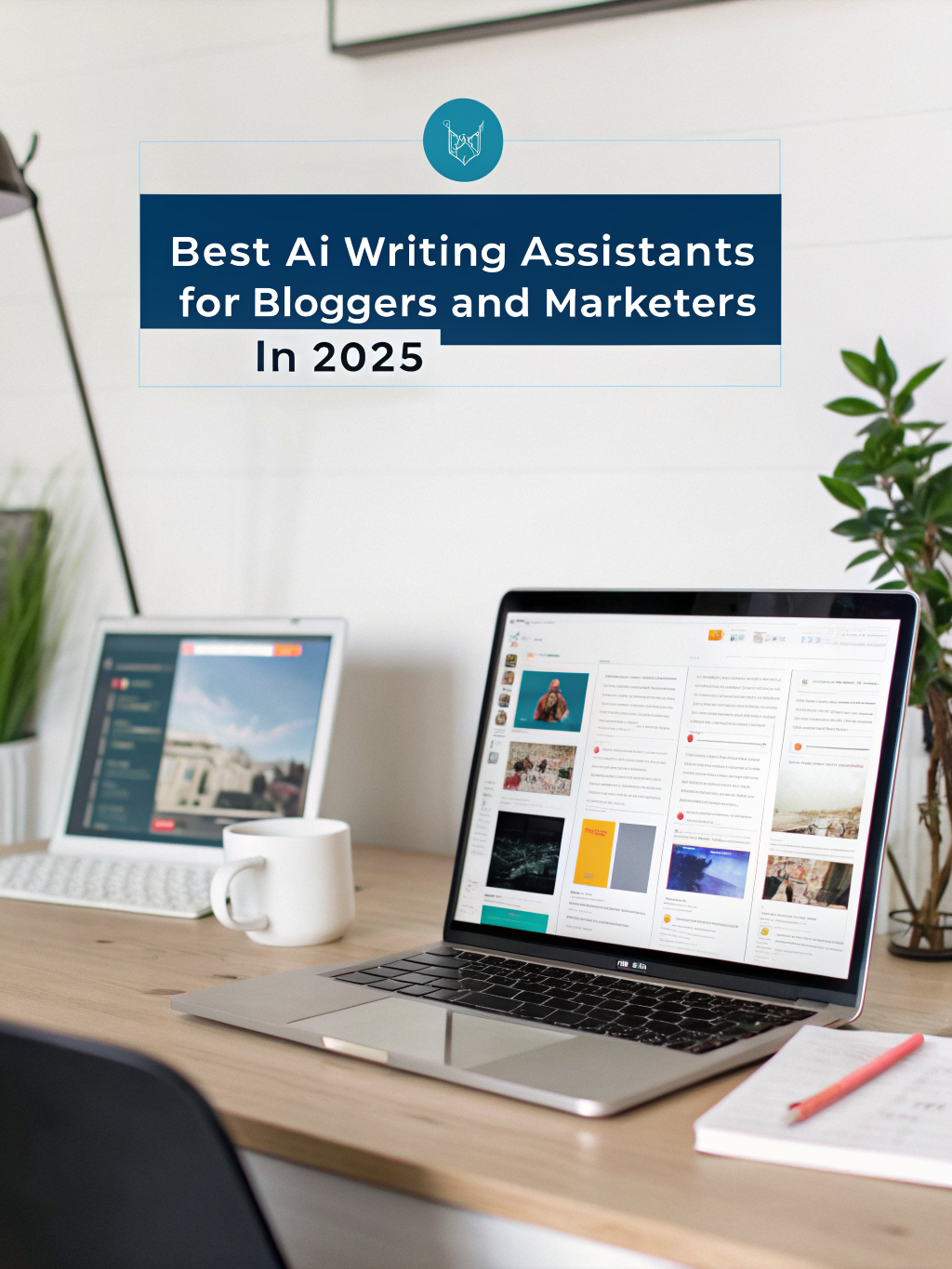
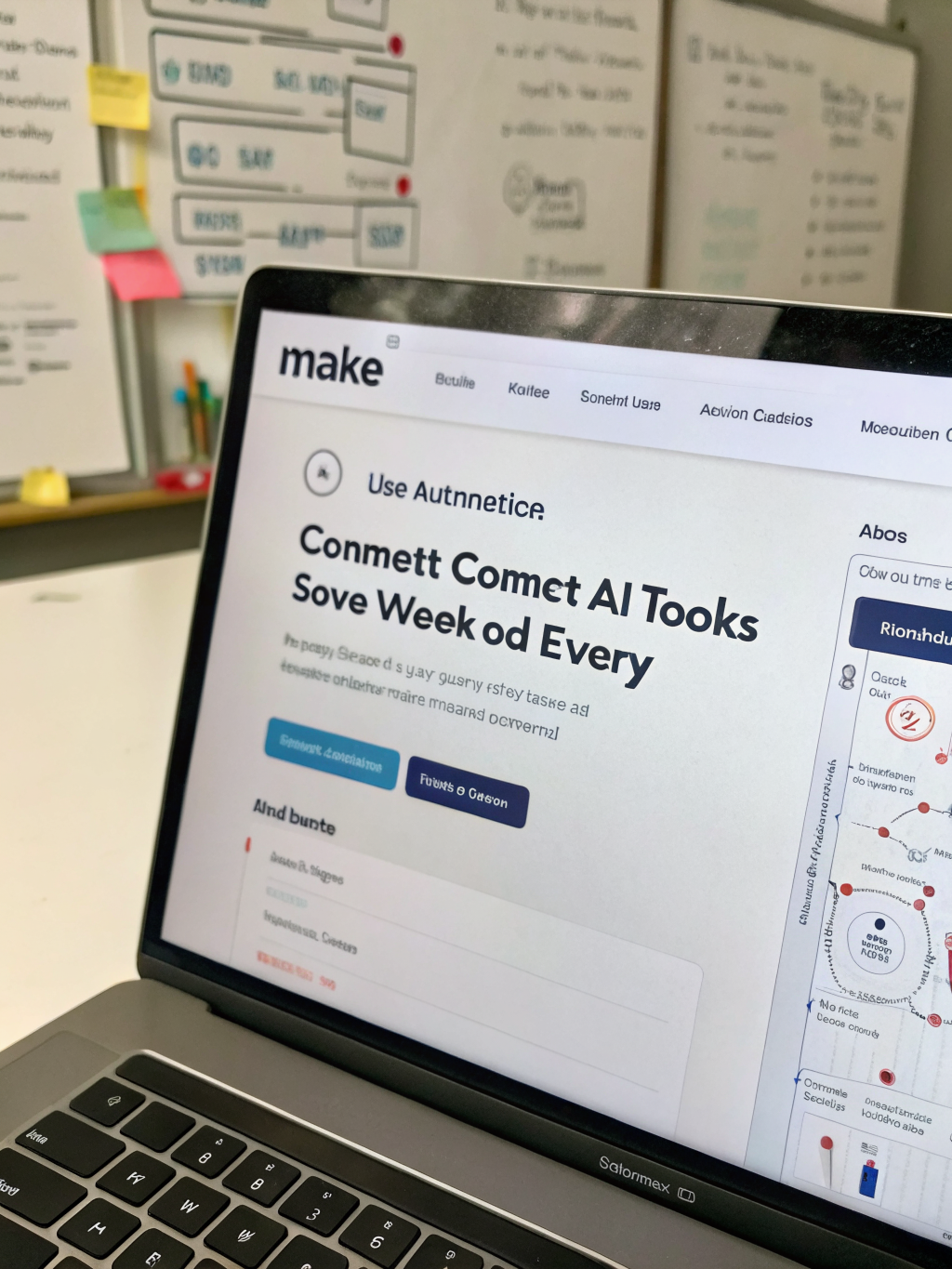
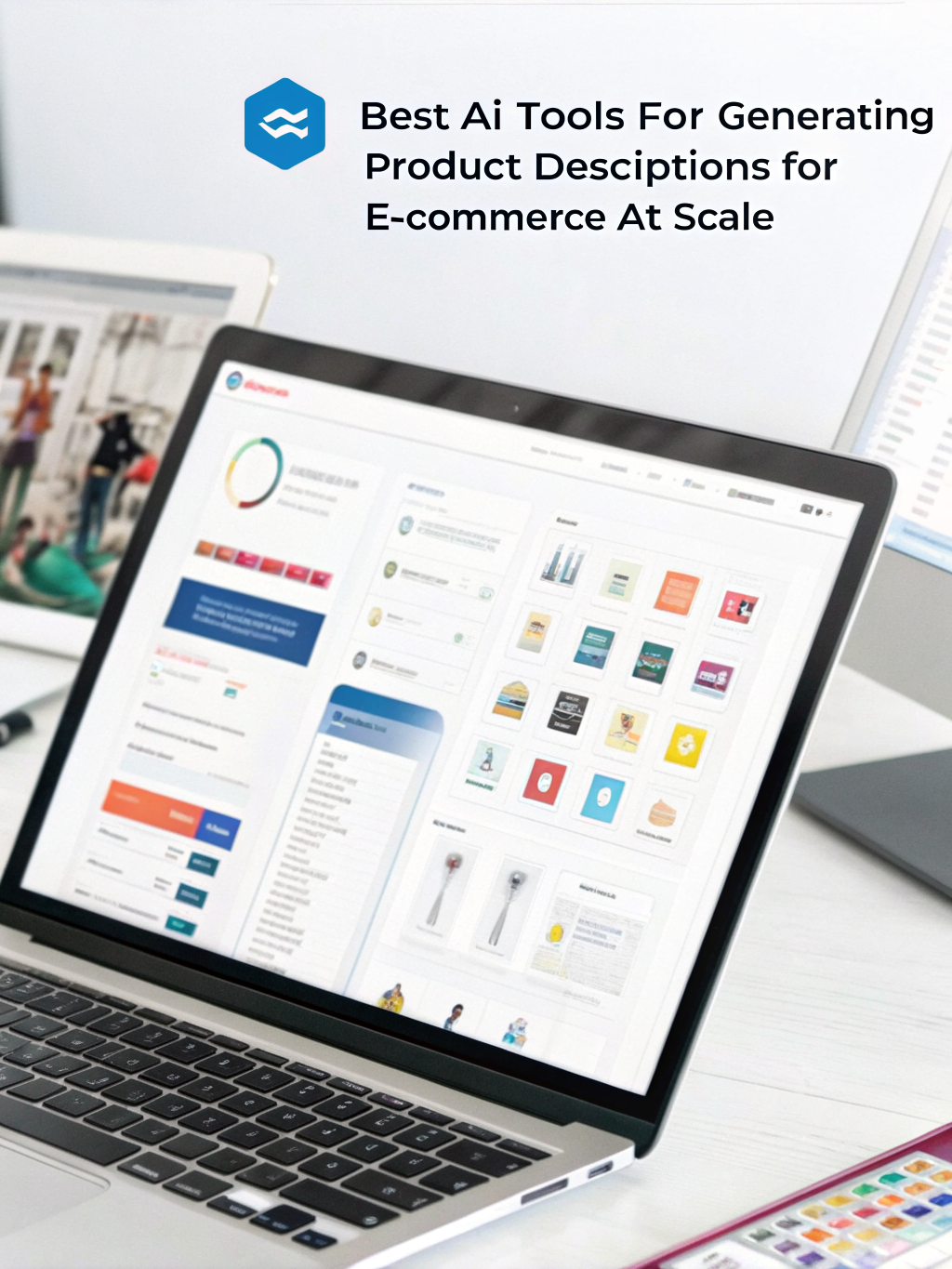
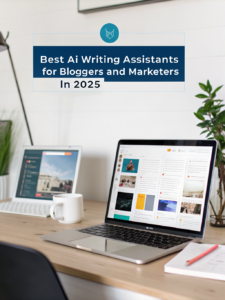
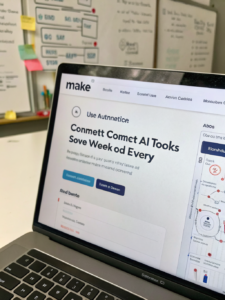
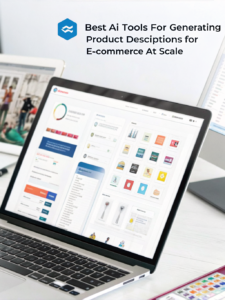
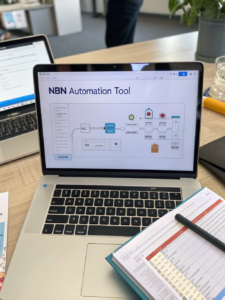
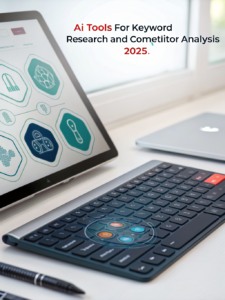
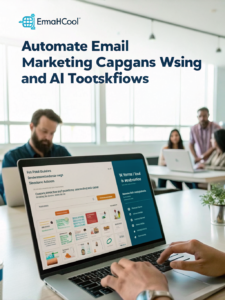
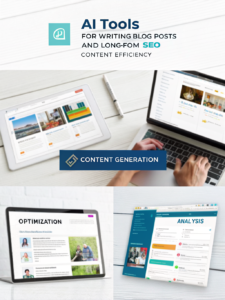


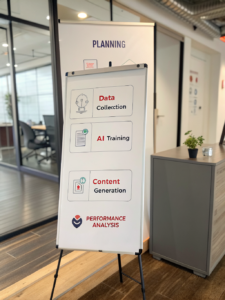
Post Comment